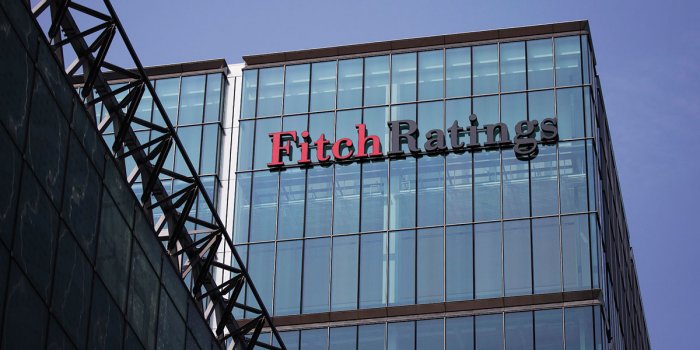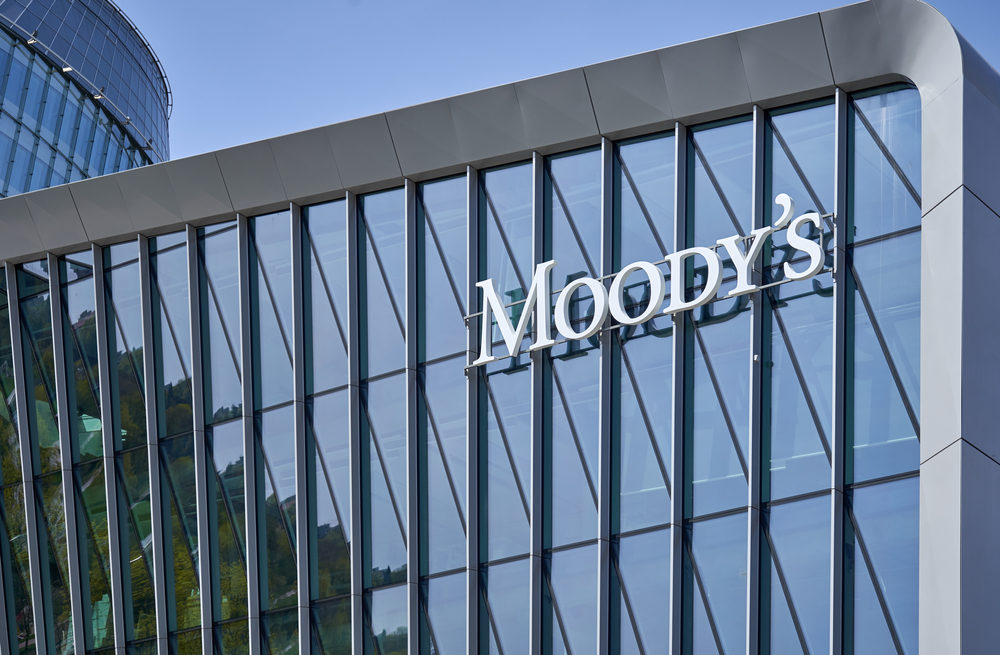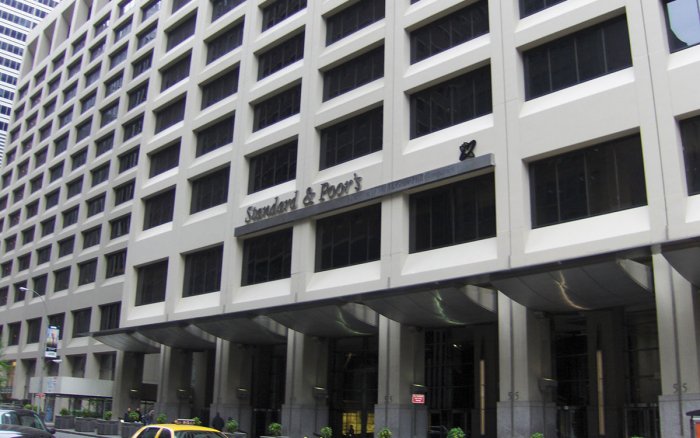Fitch upgrades Hungary to ’BBB’; outlook ’stable’

Fitch Ratings raised Hungaryʼs long-term foreign and local currency Issuer Default Ratings (IDRs) from "BBB-" to "BBB" at a scheduled review late Friday evening. The outlook for the ratings, two notches over the investment grade threshold, was given as "stable."
Fitch said a rapid external deleveraging was among the main drivers for the upgrade. It noted that Hungaryʼs net external debt fell to an estimated 10.2% of GDP in 2018, from an average of 34.4% in 2013-2017, supported by consistent current account surpluses, stable net FDI inflows, and capital transfers from the European Union.
Inter-company lending accounts for around 40% of gross external debt, Fitch estimates, which mitigates risks from the external position, the rating agency added.
Fitch said it expects Hungaryʼs current account balance plus net FDI inflows to average 2.4% of GDP in 2019-2020, above the 1.7% median for other "BBB"-rated peers.
At the same time, Fitch also acknowledged the decline in Hungaryʼs state debt as a percentage of GDP, and said the countryʼs strong fiscal financing flexibility - a result of the low proportion of FX debt and the declining share of debt held by non-residents - partially mitigates risks.
In spite of slowing economic growth, Fitch projects the general government deficit will remain "largely unchanged," at 2.0% of GDP in 2019 and 1.9% of GDP in 2020, due to the expected strong contribution of EU funds and the cushion available from contingency fiscal reserves.
Fitch observed that Hungaryʼs GDP growth of 4.8% in 2018 "likely represents a cyclical peak," adding that it expects the contribution of net exports to GDP growth to remain "subdued" in 2019-2020 because of the expected decline in growth prospects in Hungaryʼs main export markets in Western Europe.
Banking sector stable
Fitch said Hungaryʼs banking sector is "stable and characterized by ample capital." It noted that corporate credit grew 14.8%, while mortgage growth amounted to 10% in 2018, and predicted that credit growth will remain "robust," supported by the Funding for Growth Scheme of the National Bank of Hungary (MNB) and state-guaranteed interest-free loans for young married couples announced by the government earlier in February.
Hungaryʼs labor market remains "extremely tight," Fitch stressed, adding that the unemployment rate, at 3.7% in 2018, is among the lowest in the EU and well below the median of 5.4% for other "BBB"-rated sovereigns.
Fitch noted that Hungary also outperforms its "BBB"-rated peers on World Bank governance indicators as well as ease of doing business.
At the same time, the agency noted "increasing concerns" about the independence of the judiciary, and said potential rifts with the EU over issues such as the rule of law could "compound" a proposed reduction of EU structural funds, with an adverse effect on GDP growth.
Even so, Fitch said it did not expect the Article 7 procedure launched by the EU against Hungary "to make much headway" in 2019, given backing for the country by Poland and Romania.
Upside - downside
Fitch said a sustained decline in Hungaryʼs state debt-to-GDP ratio and "increased confidence in the economic policy framework and improved business environment that would support stronger GDP growth potential without the emergence of macroeconomic imbalances" could lead to a positive rating action.
A "deterioration in the policy framework that could pose risks to macroeconomic stability," "worsening of fiscal metrics that could lead to adverse debt dynamics," and "weakening of the institutional framework" could lead to a negative rating action, it added.
Standard & Poorʼs upgraded Hungaryʼs sovereign rating from "BBB-" to "BBB" a week earlier. The third major credit ratings agency, Moodyʼs, still puts Hungary just one notch over the investment grade threshold, and its outlook on the "Baa3" rating is "stable."
Hungaryʼs central bank welcomed the ratings action by Fitch in a statement posted on its website late Friday.
"The MNB, in line with its legal mandate, continues to endeavor towards the success of the national economy and ensuring stability with all of the tools at its disposal, and it trusts that the third big rating agency, Moodyʼs, will acknowledge the sustainable improvement in the fundamentals of the Hungarian economy in the course of a decision coming in May," the central bank said.
Moodyʼs is next scheduled to review Hungaryʼs sovereign rating on May 3, 2019.
SUPPORT THE BUDAPEST BUSINESS JOURNAL
Producing journalism that is worthy of the name is a costly business. For 27 years, the publishers, editors and reporters of the Budapest Business Journal have striven to bring you business news that works, information that you can trust, that is factual, accurate and presented without fear or favor.
Newspaper organizations across the globe have struggled to find a business model that allows them to continue to excel, without compromising their ability to perform. Most recently, some have experimented with the idea of involving their most important stakeholders, their readers.
We would like to offer that same opportunity to our readers. We would like to invite you to help us deliver the quality business journalism you require. Hit our Support the BBJ button and you can choose the how much and how often you send us your contributions.








